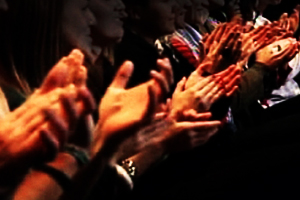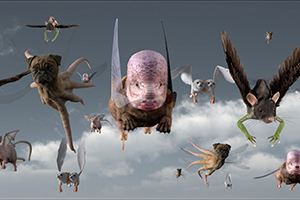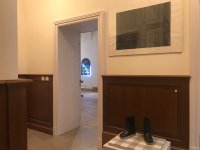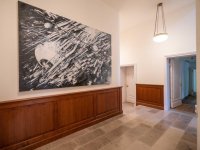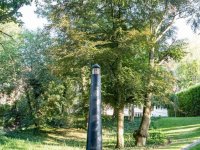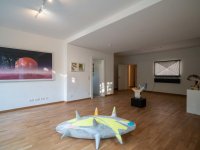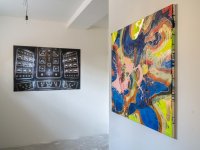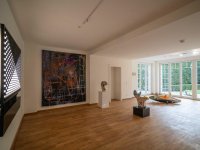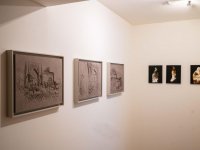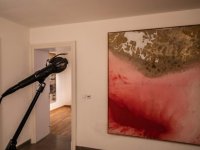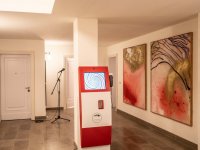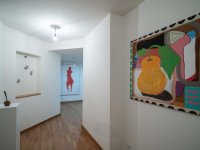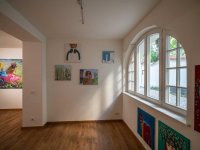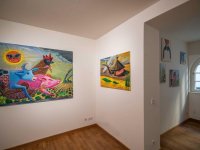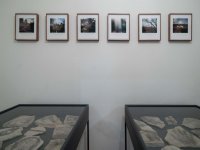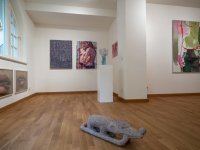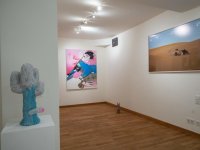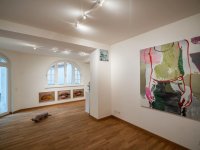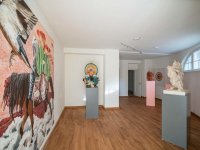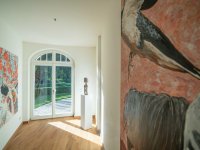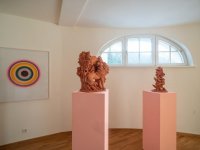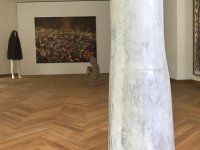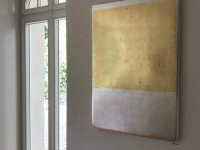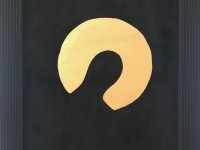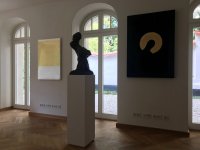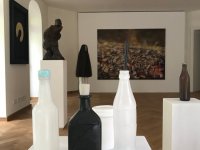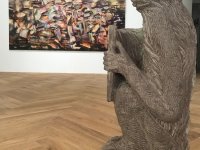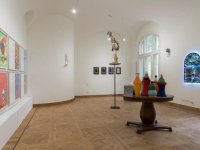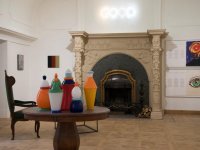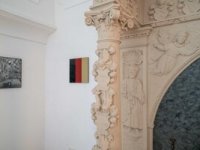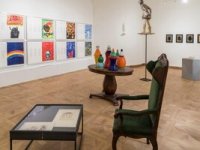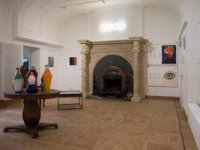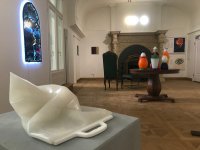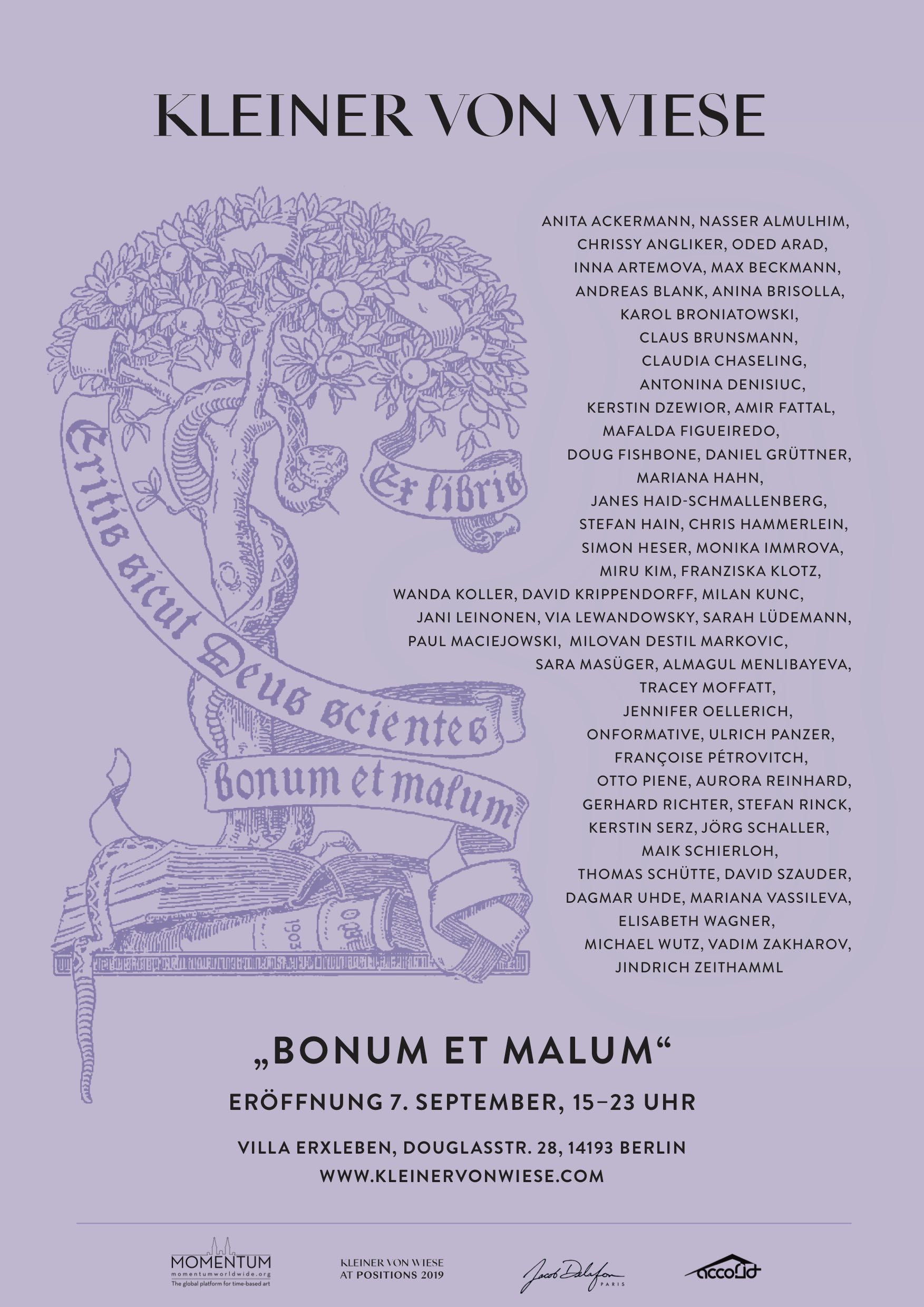
Coinciding with Berlin Art Week
bonum et malum
OPENING: 7 September 2019 at 15:00 – 23:00
EXHIBITION: 8 September 2019 – 12 January 2020
Anita Ackermann // Nasser Almulhim // Chrissy Angliker // Oded Arad // Inna Artemova // Max Beckmann // Andreas Blank // Anina Brisola // Karol Broniatowski // Claus Brunsmann // Thomas Leo Chapman // Claudia Chaseling // Antonia Denisiuc // Kerstin Dzewior // Amir Fattal // Mafalda Figueiredo // Doug Fishbone // Daniel Grüttner // Mariana Hahn // Stefan Hain // Janes Haid-Schmallenberg // Chris Hammerlein // Simon Heser // Immrová Monika // Miru Kim // Franziska Klotz // Wanda Koller // David Krippendorff // Milan Kunc // Jani Leinonen // Via Lewandosky // Sarah Lüdemann // Paul Maciejowski // Milovan Destil Markovic // Sara Masüger // Almagul Menlibayaeva // Tracey Moffatt // Jennifer Oellerich // onformative // Ulrich Panzer // Francoise Pétrovitch // Otto Piene // Aurora Reinhard // Gerhard Richter // Stefan Rinck // Kerstin Serz // Jörg Schaller // Maik Schierloh // Thomas Schütte // David Ariel Szauder // Dagmar Uhde // Mariana Vassileva // Elisabeth Wagner // Michael Wutz // Vadim Zakharov // Jindrich Zeithamml
Curated by Constanze Kleiner,
Stephan von Weise, Dorothée Bauerle-Willert, Rachel Rits-Volloch
@ KLEINERVONWIESE
Villa Erxleben
Douglasstrasse 28, D-14193 Berlin
Opening Times during Berlin Art Week:
11. – 15.09. / 12:00 – 23:00
Normal Opening Hours:
Do – Sa. 12 – 18:00, and by appointment
bonum et malum
The KLEINERVONWIESE gallery is opening its new rooms in the Villa Erxleben in Berlin Grünewald with the exhibition “bonum et malum”.
The monumental and simultaneously playful Wilhelminian period building from the year 1907, with its magnificent park, is the size of a grand collector’s villa. It is debatable, however, whether it was ever such a building, for the traces of its once very affluent owner, the banker Julius Erxleben, have faded over time.
A personal relic from his life is an ex libris he applied to the works in his library. It shows the Tree of Knowledge rooted in old books and the snake winding round the tree trunk. Similarly, a banner, high up in the air, snakes round the tree, bearing the prophecy from the snake’s mouth: “Eritis sicut deus scientes bonum et malum” – You will be like God, knowing good and evil. In those turbulent, exploratory years of the Wilhelmine period at the beginning of the last century, Julius Erxleben chose this precise passage from Genesis as his favourite: “You will be like God, knowing good and evil.” A kind of guarantee, which Goethe’s Mephisto also wrote in his student’s album.
A self-fulfilling prophecy, we would say today. Because today we really are like God, and perhaps we’ve even gone a step further. On our incessant hunt for the lost Paradise, we paint good and evil grey – just as we do with gender – and we are therefore both: simultaneously liberating and destructive and courageous and arrogant. We eat muck, but are otherwise liberal and unisex, living through the Anthropocene together, in next to no time, godlike.
An age that bears no resemblance to any that has gone before, and in which the human being threatens to celebrate his future existence in a self-created, global cesspit, surrounded by recycled air, recycled water and recycled earth! And in fact as a sensitively constructed, hybrid being consisting of natural and artificial intelligence with an everyday mixture of digital and virtual reality, whose predominantly white male existence, lengthened to 200 earth years – and, on top of that, expanded to include a pixel avatar –, will be lived out within a precisely calculated glass radius.
The next question is: “Is this the end of temptation?”
But in the passage he chose from Genesis, was it perhaps the snake that Julius Erxleben, a man who did not hide his wealth, liked best of all? And did he also like the fact that Eve’s curiosity was stronger than her fear of punishment? Perhaps he also liked, above all, the idea that God had created much more than Paradise?
This is what we read as his very personal logo. Because an ex libris is nothing other than this. It signals the mindset of the person who uses it. Similar to the motto we attach to our WhatsApp or Linkedin account today.
We do not know today whether the prediction from Genesis was met with enthusiasm by Julius Erxleben, or whether it actually made him feel melancholic. The fact is that he seemed to attach great importance to it.
“You will be like God, knowing good and evil”, says the snake, holding the apple out to Eve, who cannot help but bite into it. And then God expels Adam and Eve from Paradise. At least, that’s how the story we all know goes.
But what if the Fall from Grace actually liberated Adam and Eve? Liberated them from the enclosure of Paradise and redeemed them from the eternal symmetry of harmony?
What if God did not primarily create Paradise, but rather everything else? Everything that is not Paradise and is without harmony and does not need a barrier – i.e. neither protection nor defence? Perhaps, for two thousand years, we have been caught up in a colossal misunderstanding.
What if the idle Eve and the even idler Adam simply got on God’s nerves, and he sent them the snake so that they would finally wake up and learn to see what he had created?
The “opening of the eyes” begins with the desire for the apple and then, after the enjoyment of the fruit, with the perception of one’s own self – and thereby the perception of the Other as a counterpart. It means a change in perspective, whereby the person who has learned to see now looks at things differently, perceives them differently, sees something that had not previously been within their scope of perception, and feels something that was not there before.
Spontaneous desire and the loss of the paradisiacal condition of innocence, with all its consequences, are inextricably linked with one another. Like good and evil, like original sin and original freedom. Art is no different. It is the ability to unite original sin and original freedom with one another – for the sake of knowledge.
So, humans escaped Paradise, but what have they actually learned up to now? They repeatedly slip away, try to elude the path of knowledge, level out good and evil and strive for one thing only: to bring back what has been lost! So they create paradises wherever they can: very tiny ones in the form of annual holidays with a fenced off beach area and full board. But also gargantuan ones: initially set up in the form of national boundaries, enclosed by hot and cold wars, later in various cyber versions – ignited within the network between influencers and consumers on Facebook & Co., driven by the insatiable need for security, delineation, belonging and power – and likewise contested by titanic battles which today, however, mostly take place on the world’s stock exchanges. And so it goes on!
Poor God – when will they stop putting up new fences? When will they finally be cured of their paradise psychosis? For back then, once they finally had Paradise behind them, it was initially their idleness that evaporated into the vast expanses of the world, and they became, for the time being, sinewy and beautiful, evil and good. From now on, Adam listened to Eve, who showed him the way, and he desired her. Sending the snake at that time was actually, above all, an act of God’s pure mercy! After all, he could always rely on female curiosity: Eve would certainly take the apple – the symbol of desire – and take Adam with her!
But whom should God send today?
The devil and the good Lord are not only in the detail but also in the painstaking legwork!
“Eritis sicut deus scientes bonum et malum” – enduring this, not only for a moment, but permanently – including relapses – is an infinite task.
You will be like God, knowing good and evil – from 7 September 2019!
The opening exhibition by KLEINERVONWIESE in the former Villa Erxleben in Grunewald plays out the different aspects of this – hopefully – infinite story.
Weihnachtsfeier
Christmas Art Market at Salon Villa Erxleben
1 – 22 December 2019
Every Sunday in December
at 2 – 6pm
@ Salon Villa Erxleben
Gallery KLEINERVONWIESE
Douglasstrasse 28, 14193 Berlin
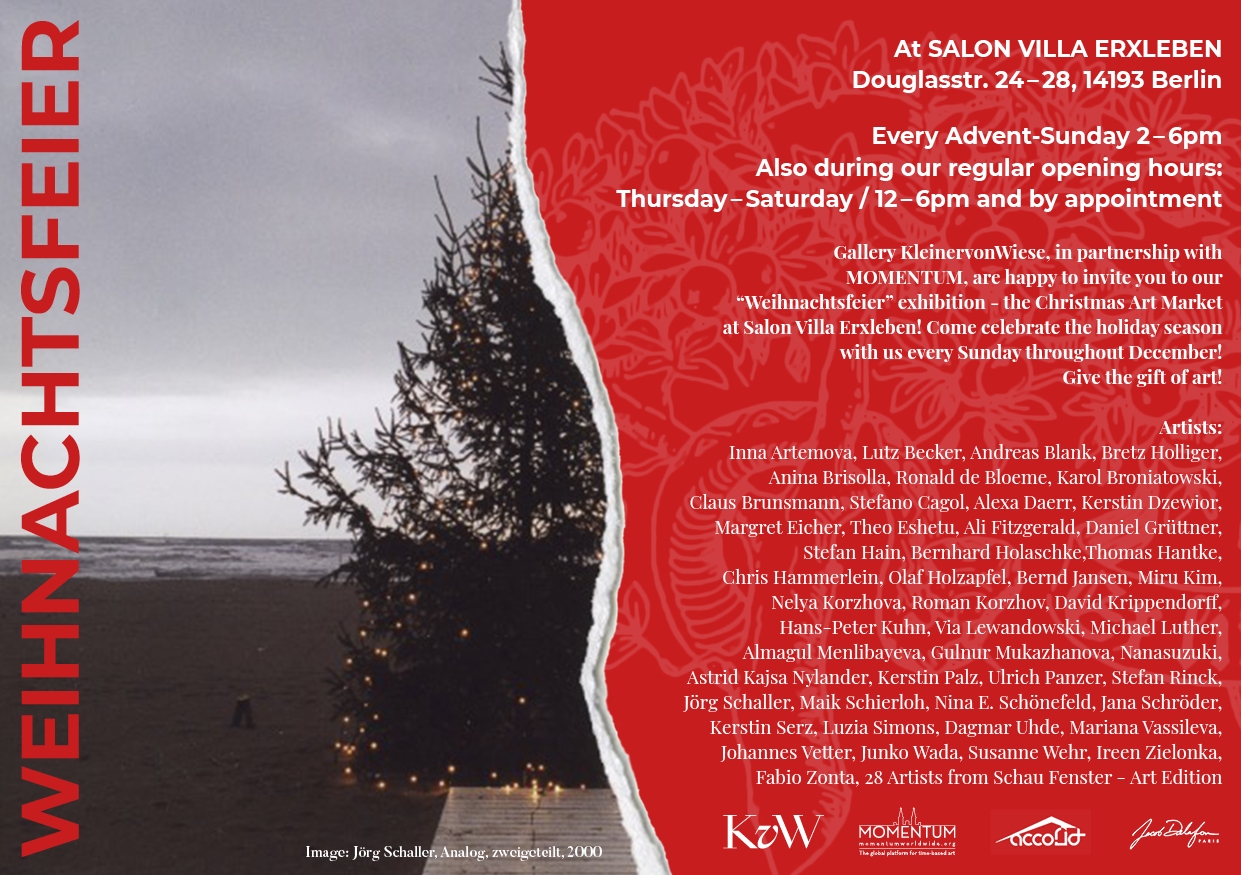


 Back to Homepage
Back to Homepage